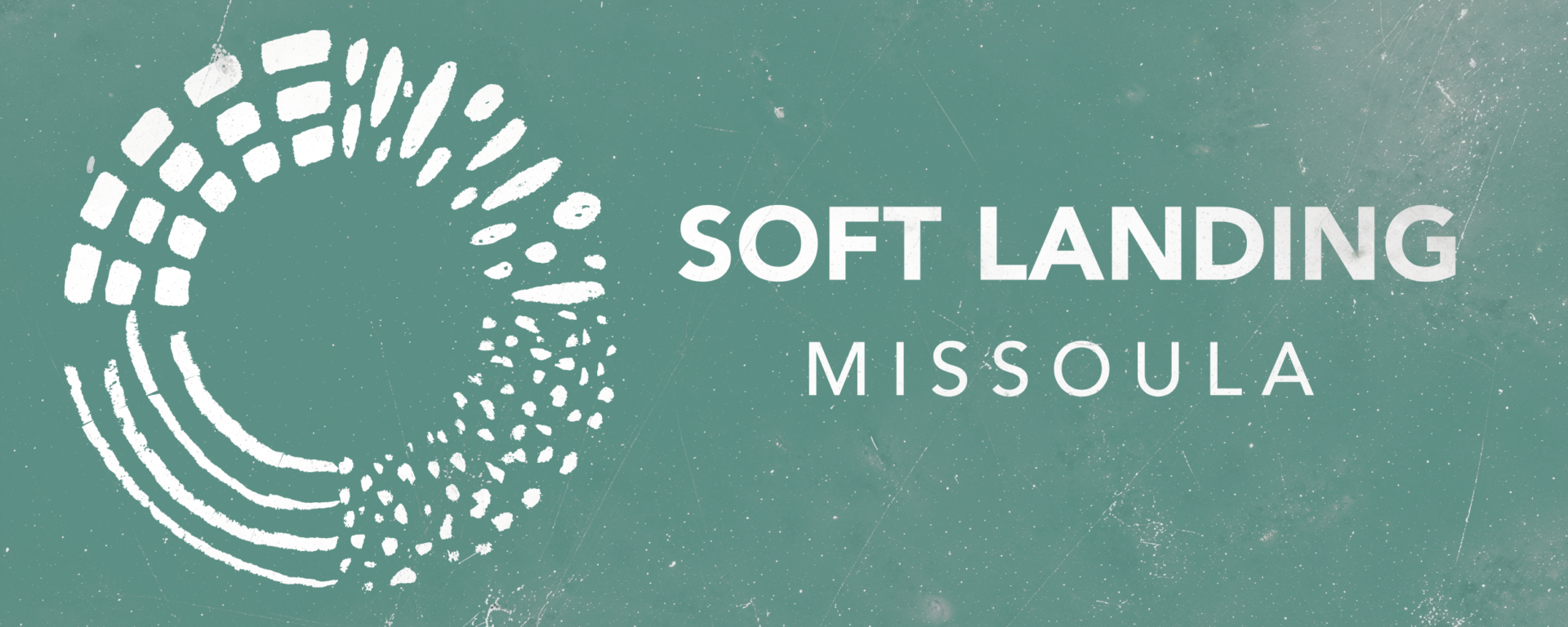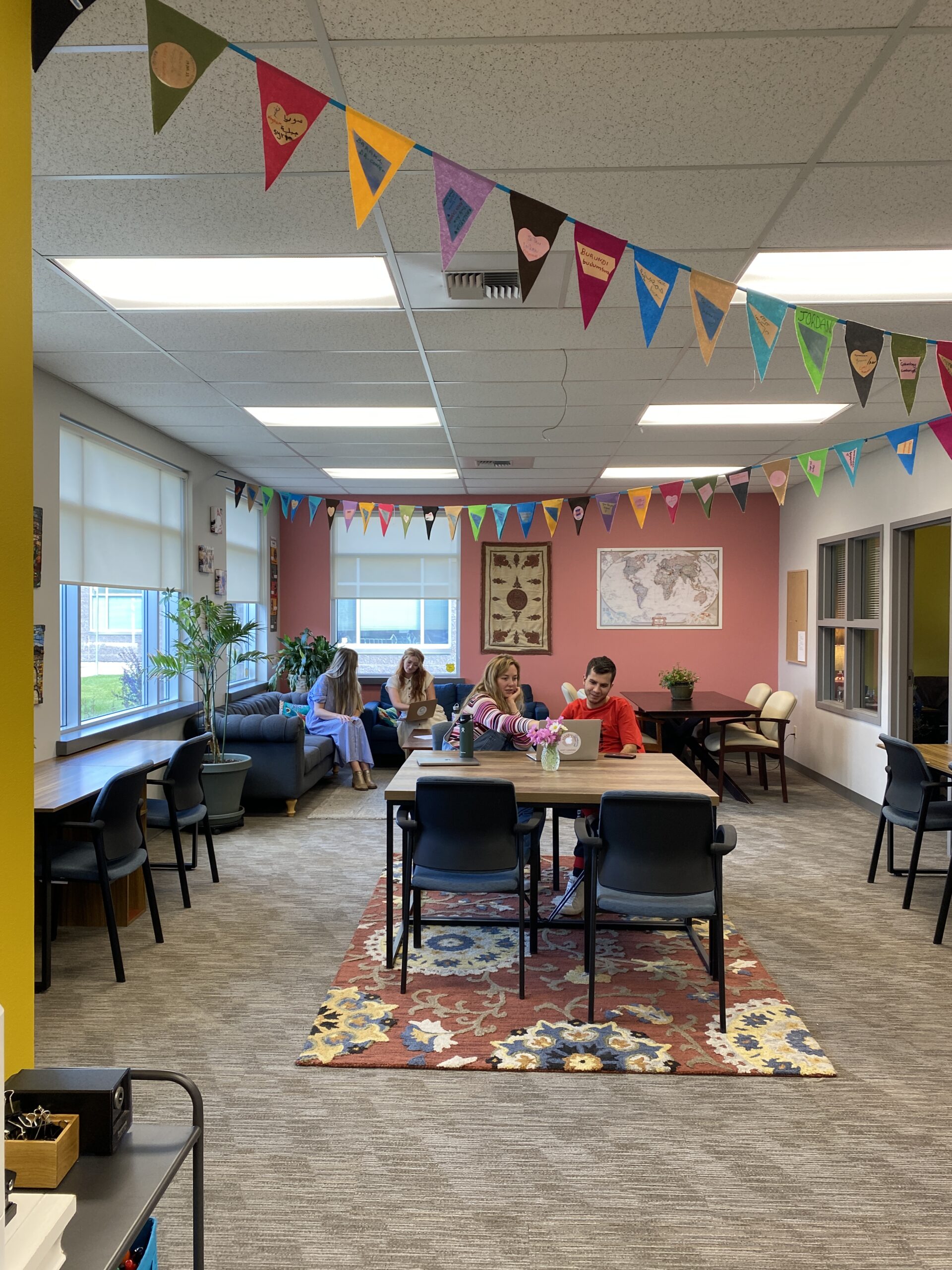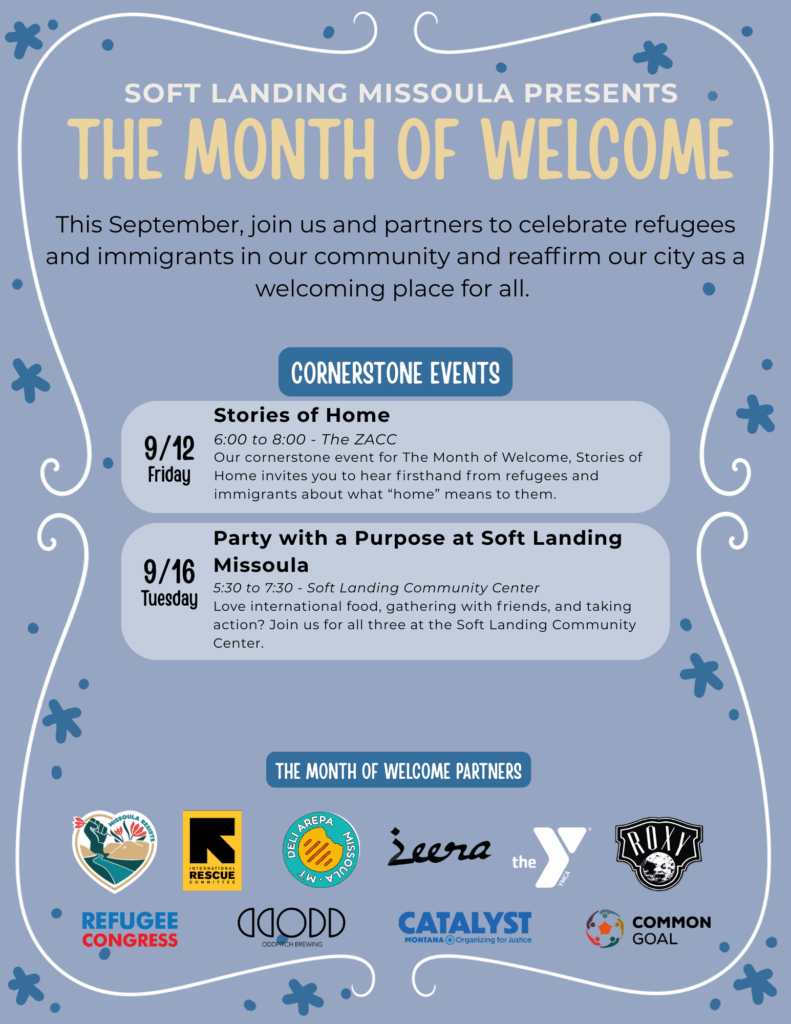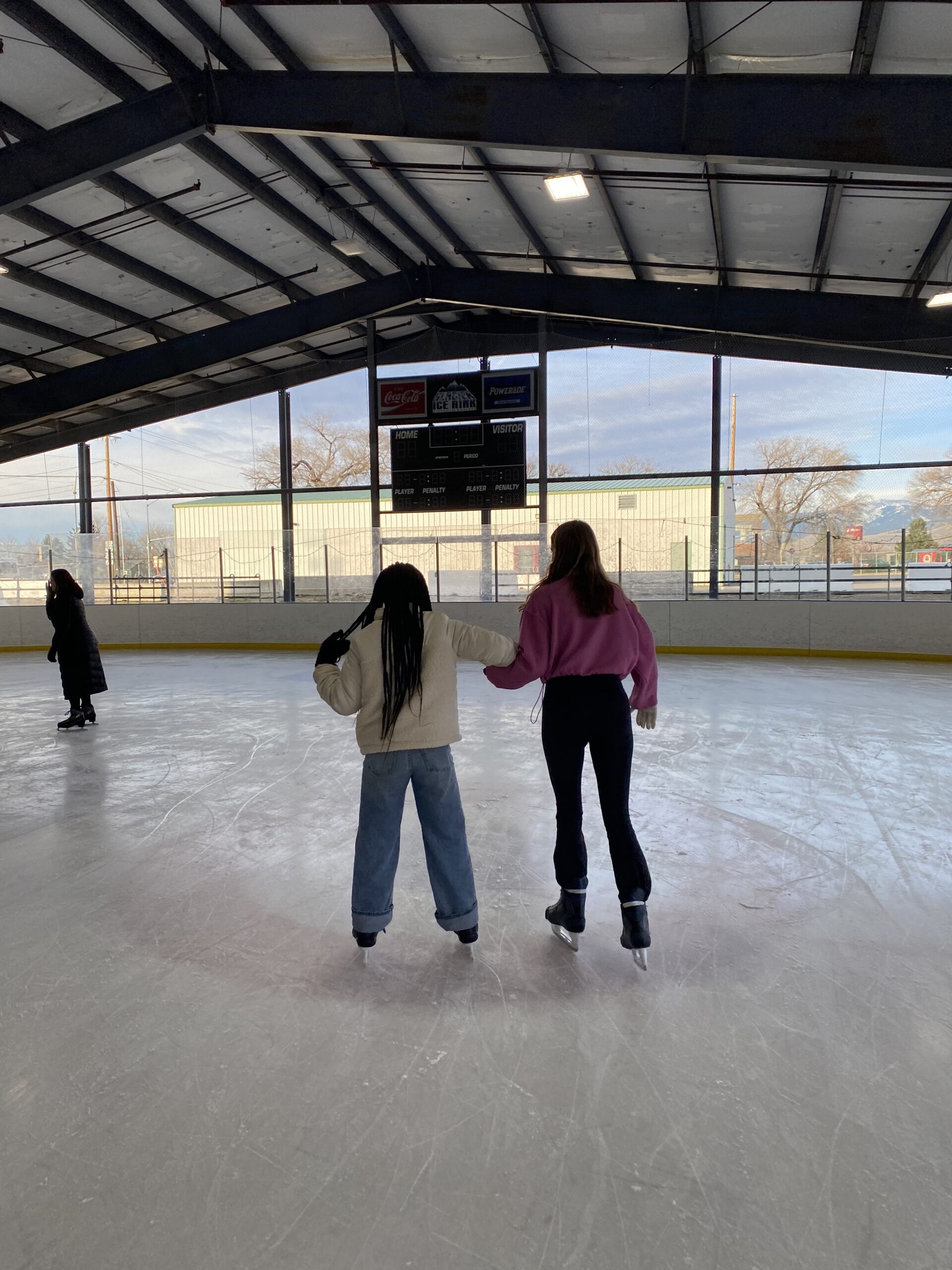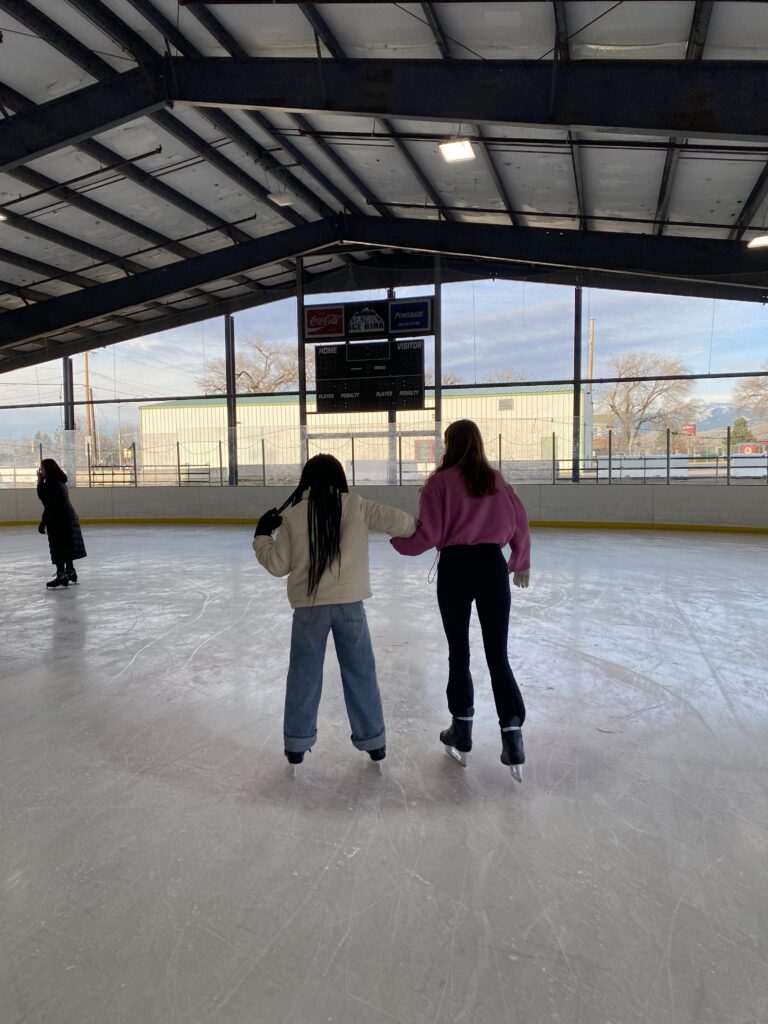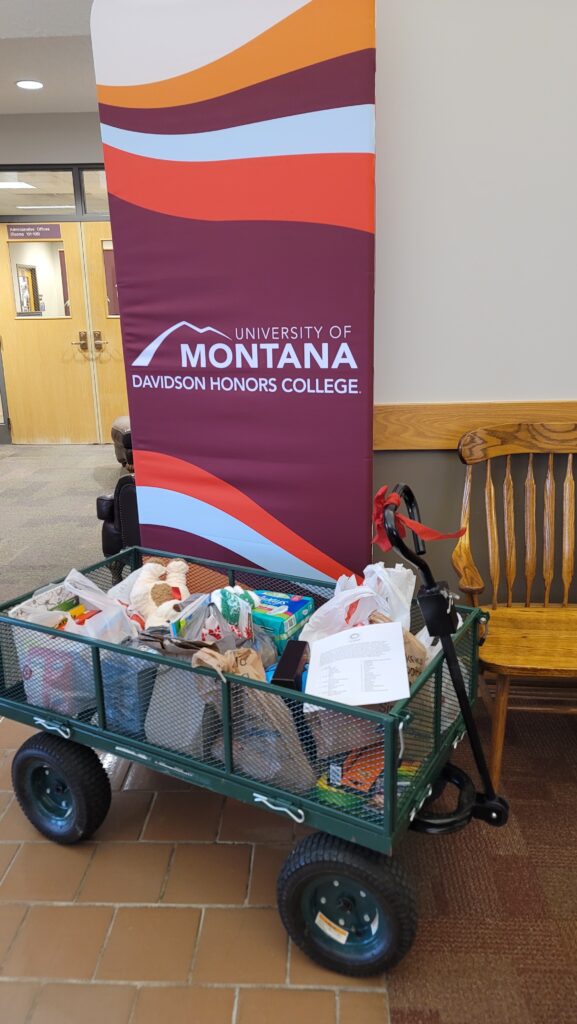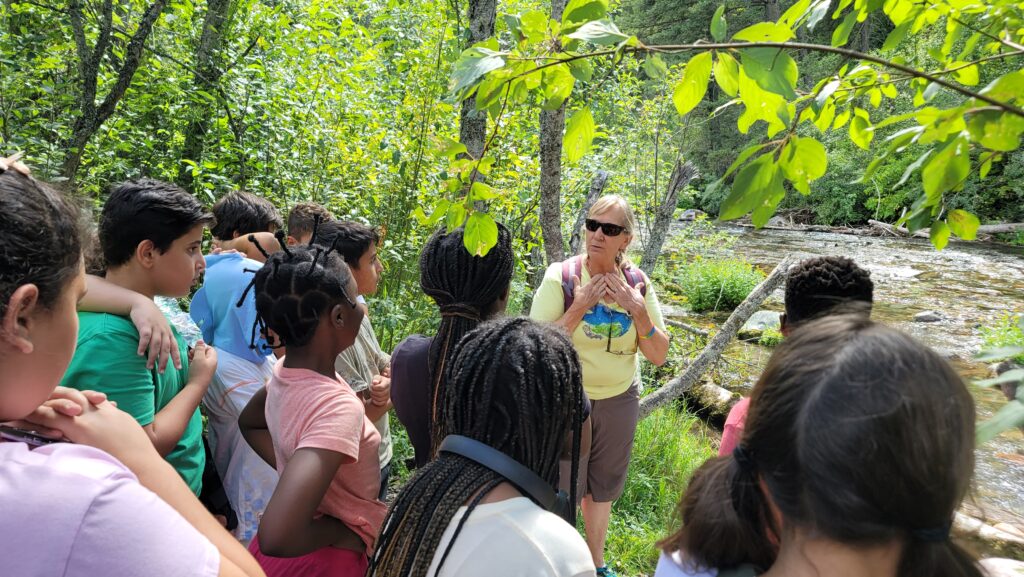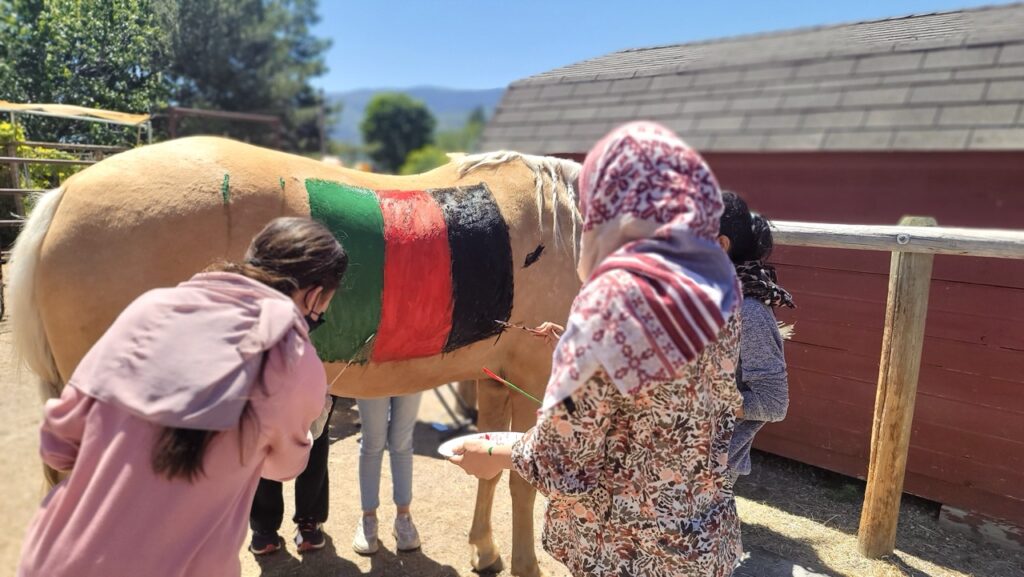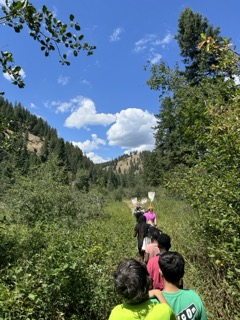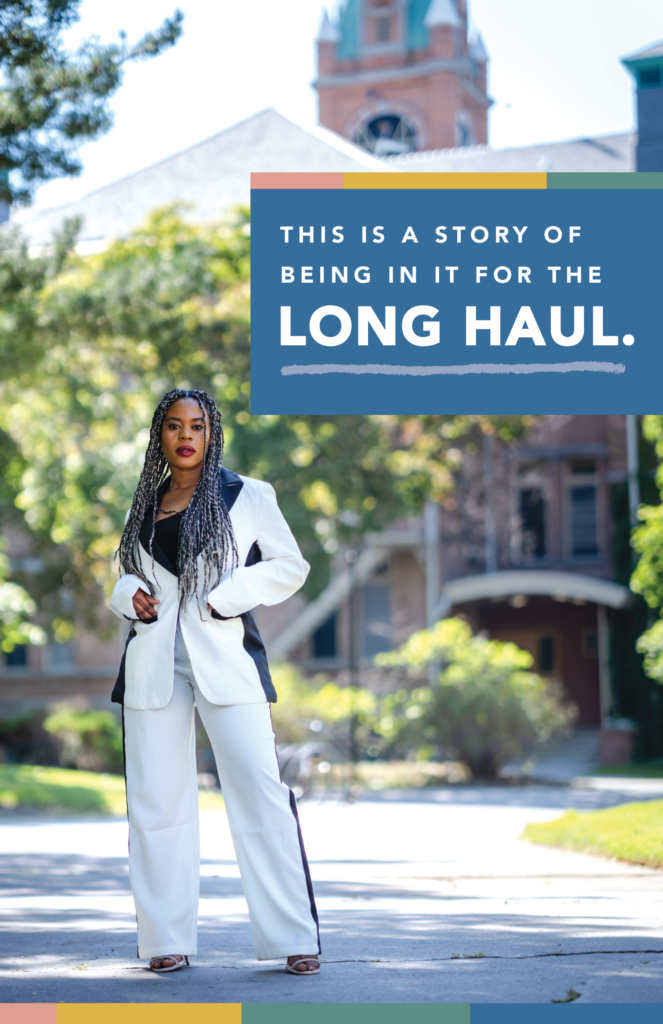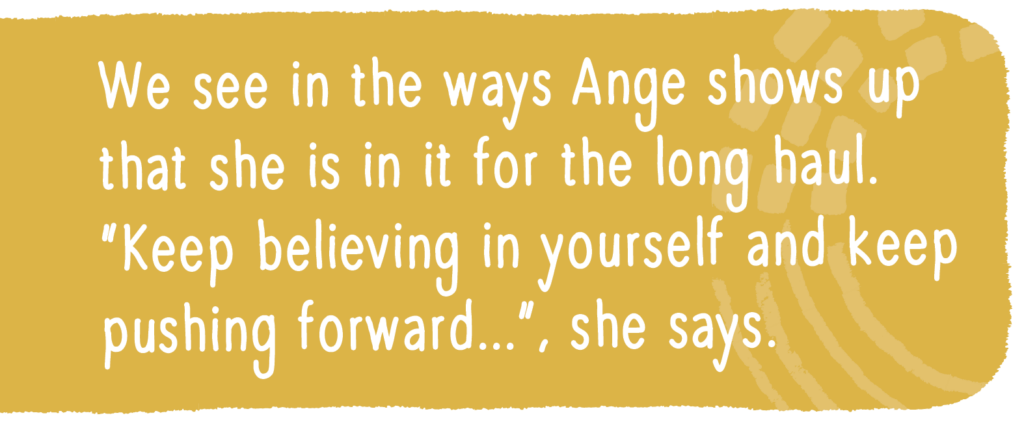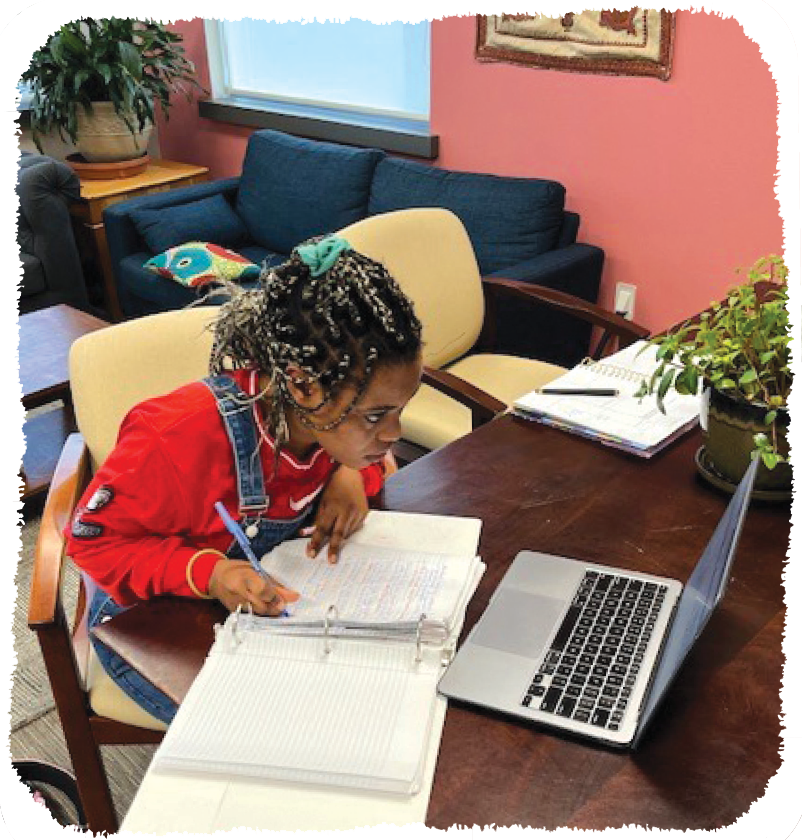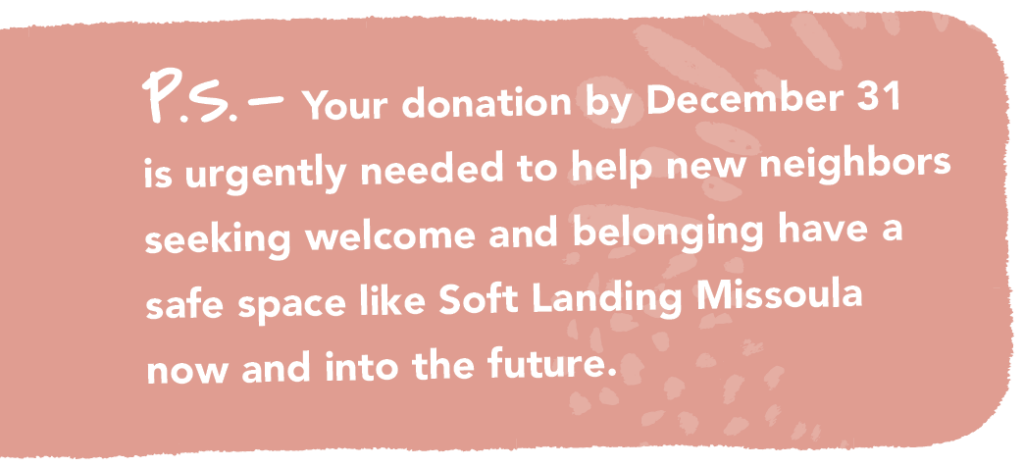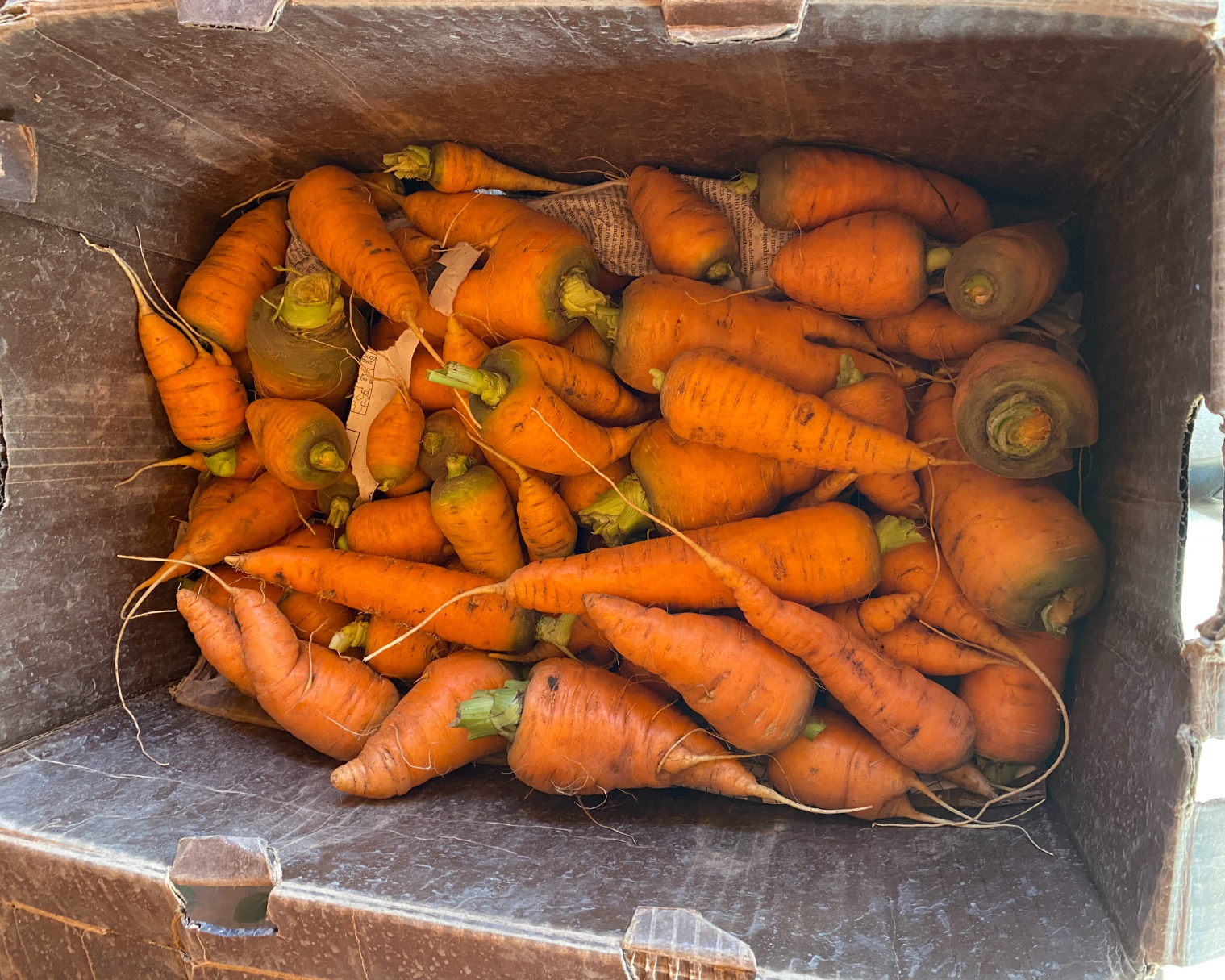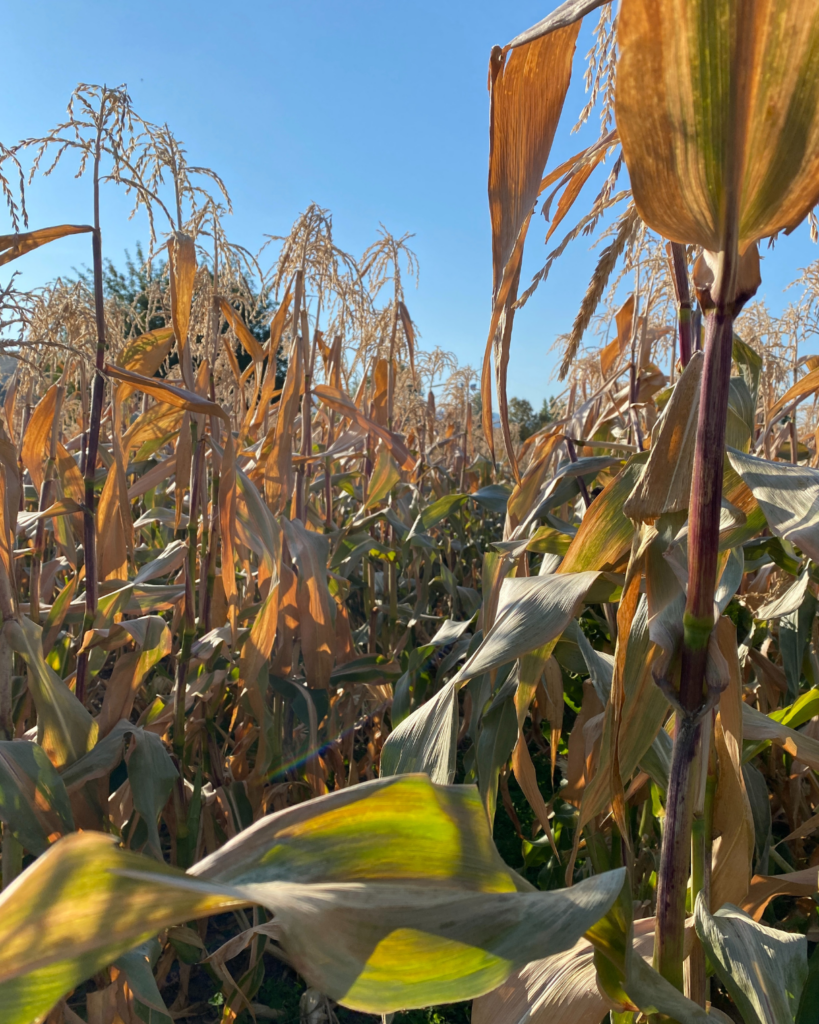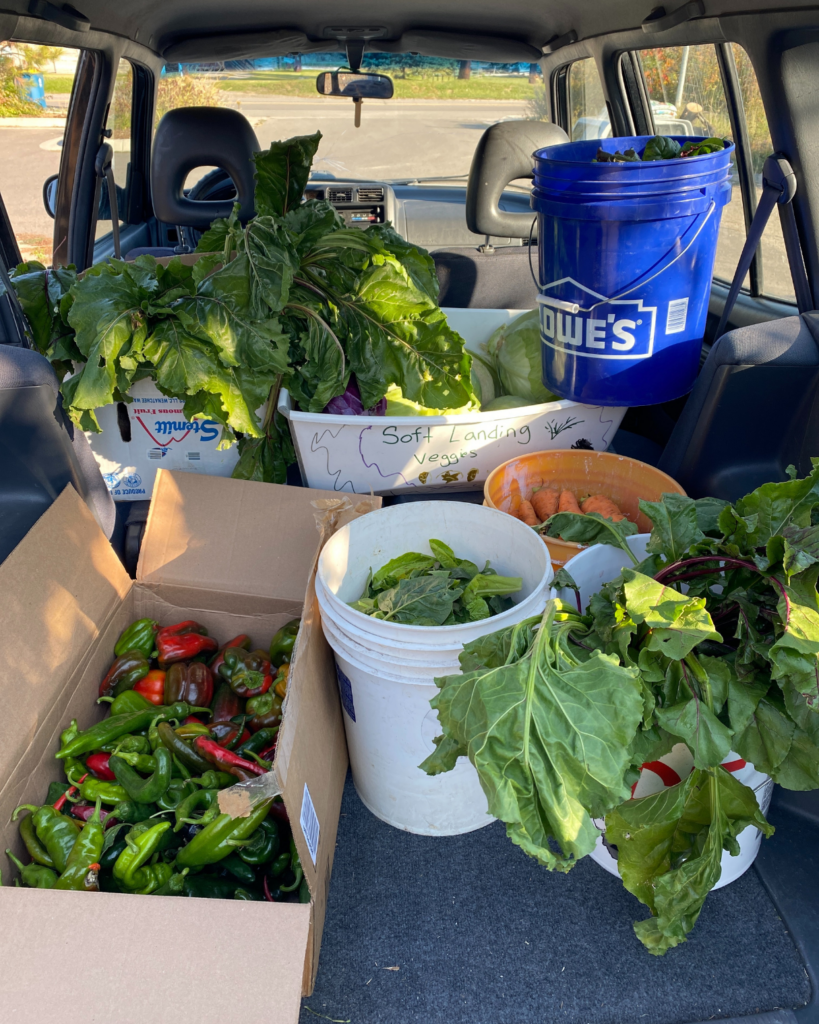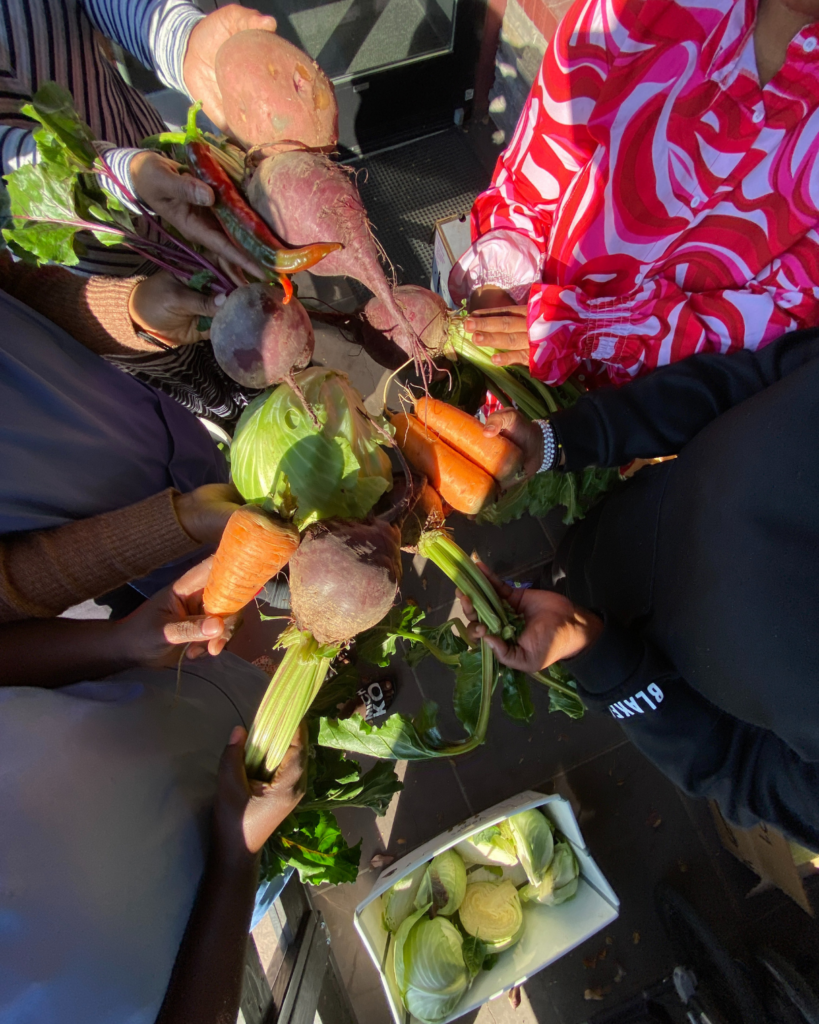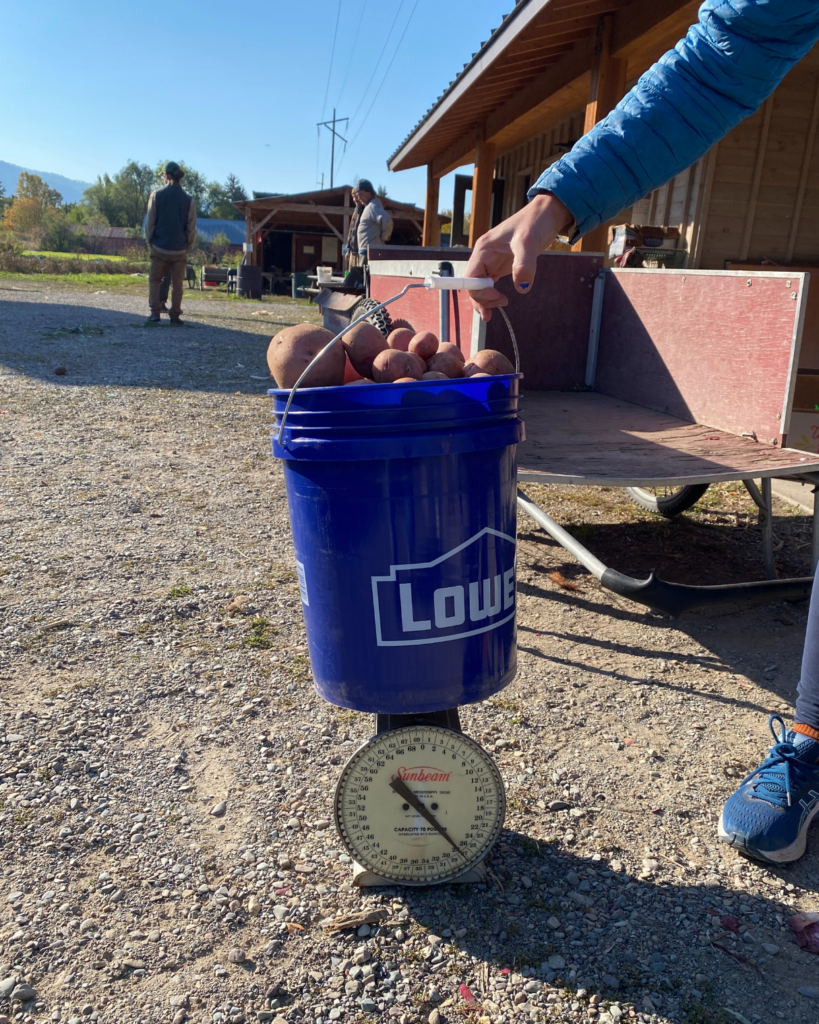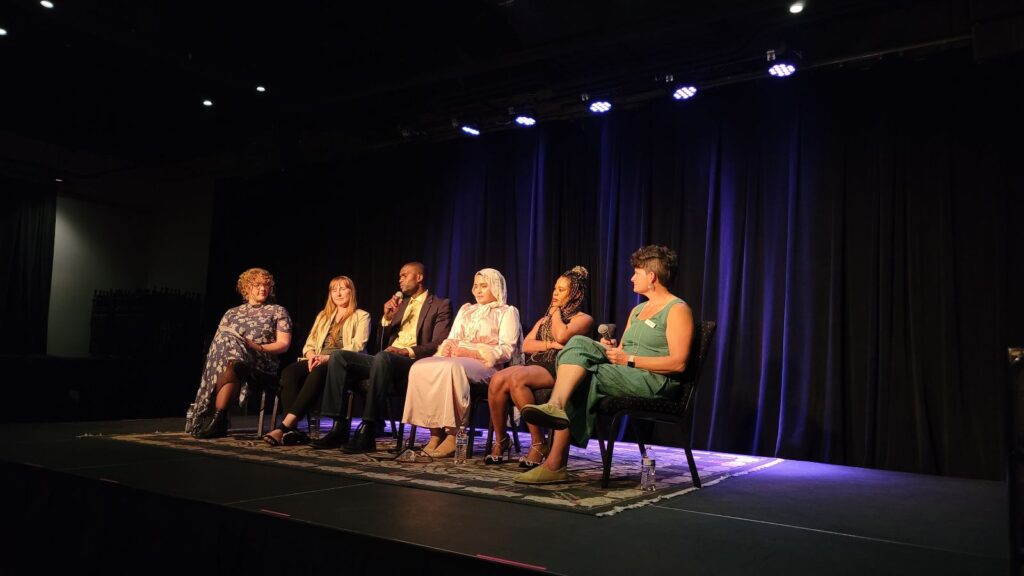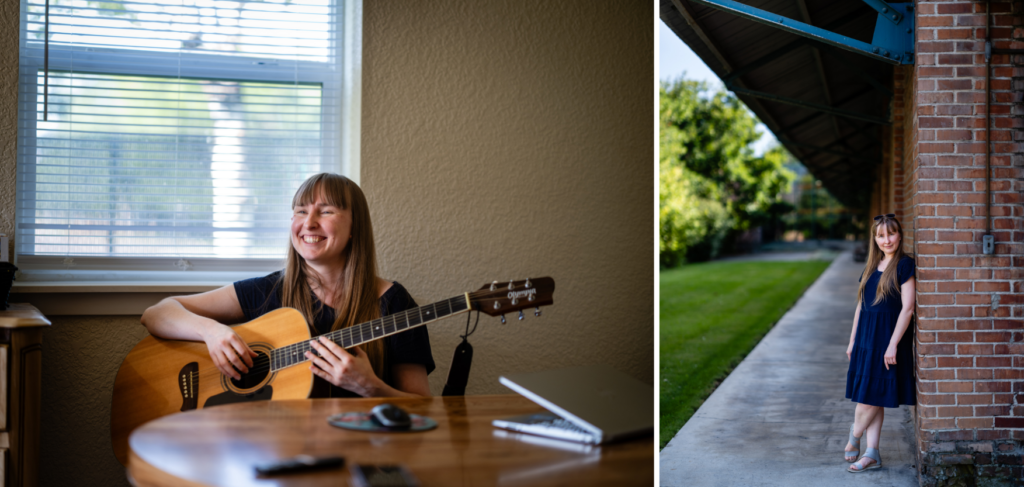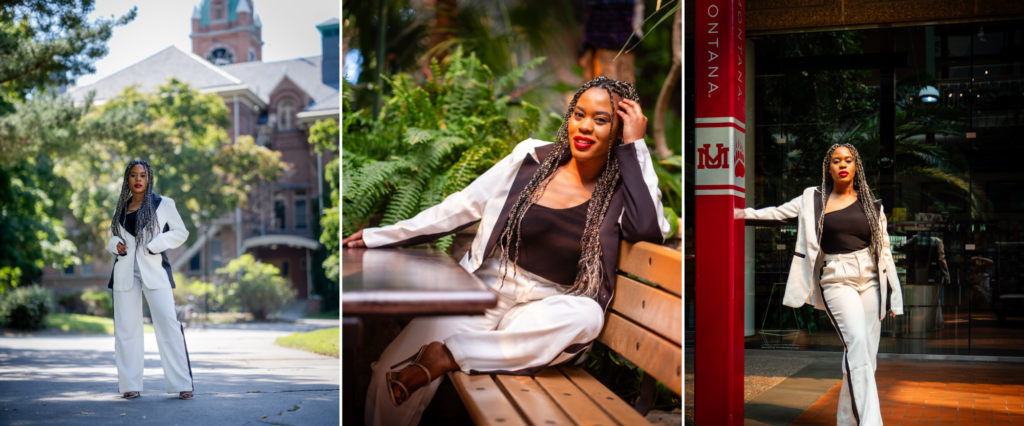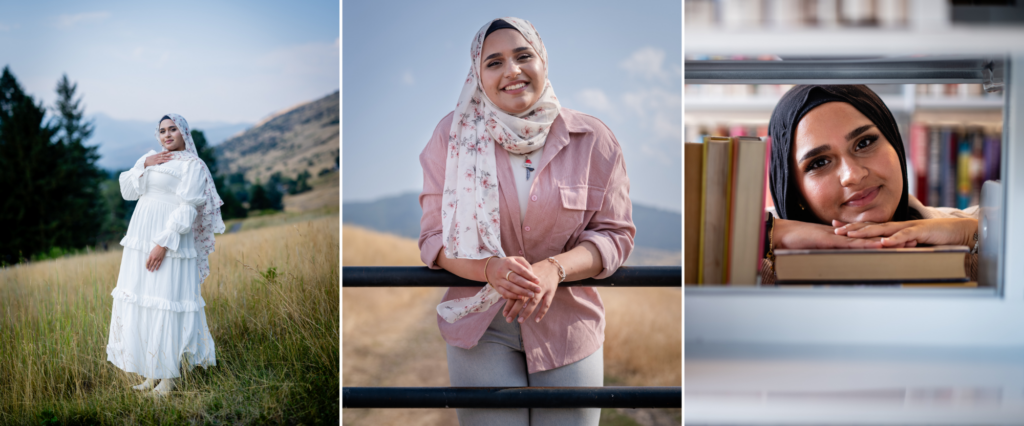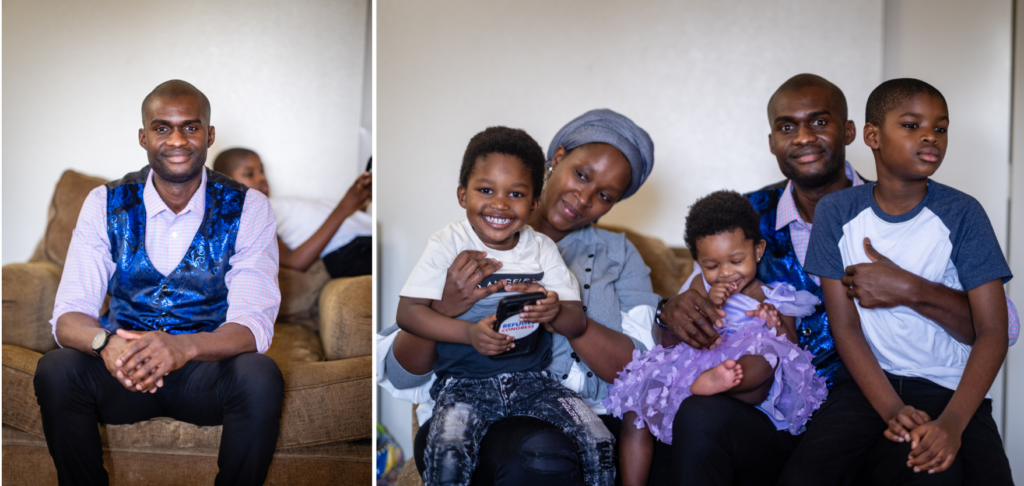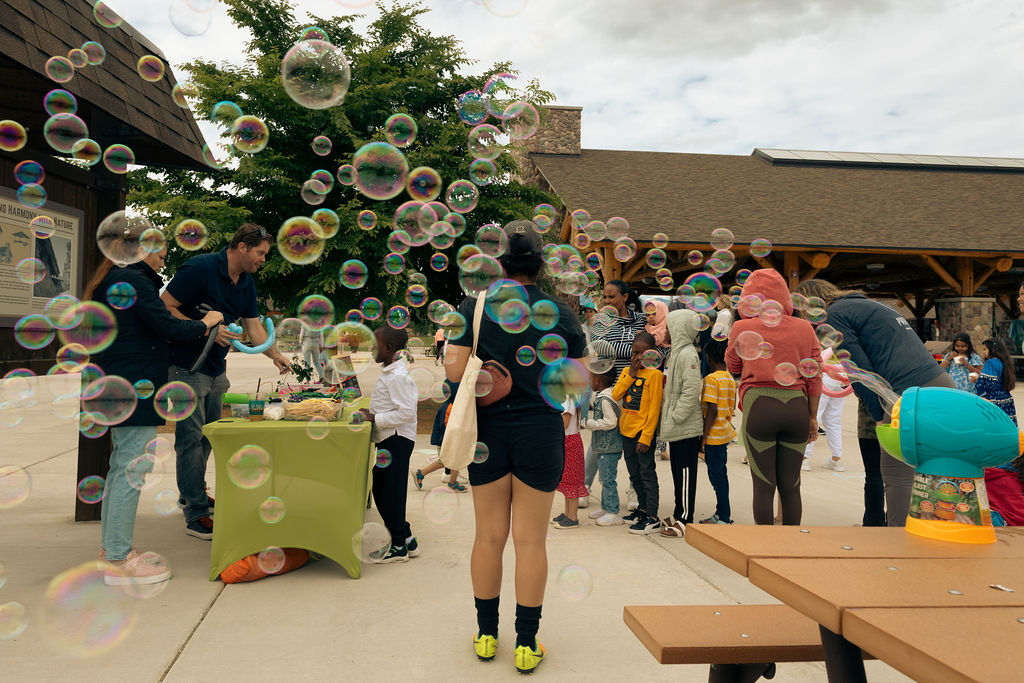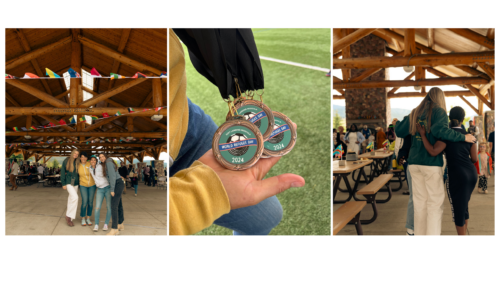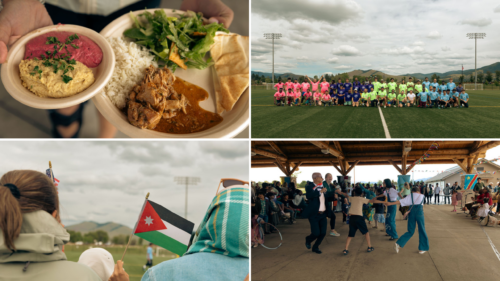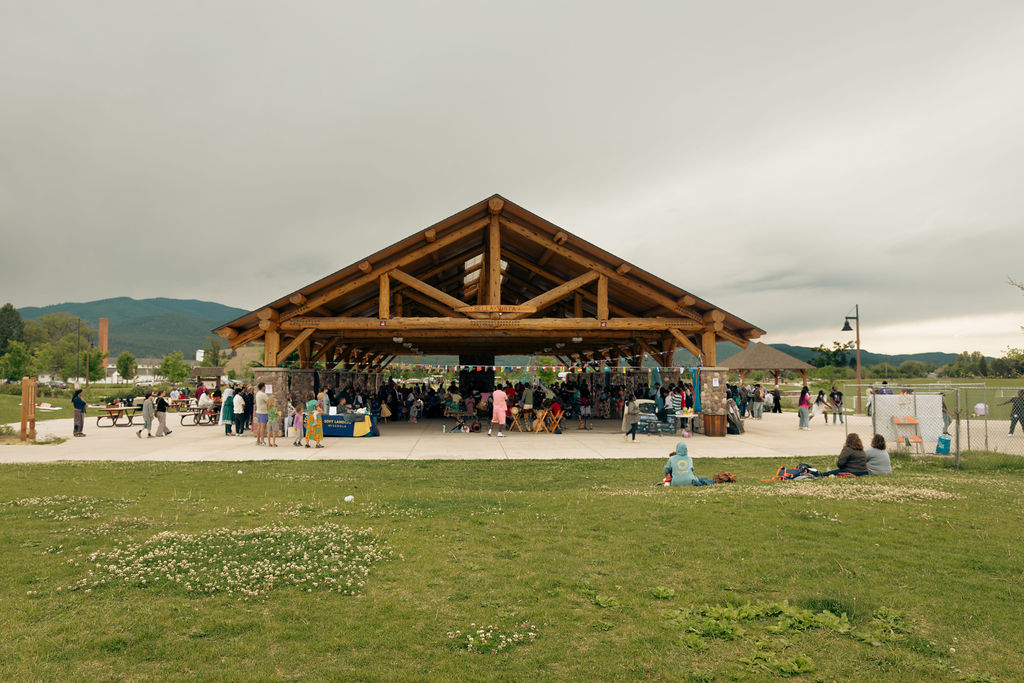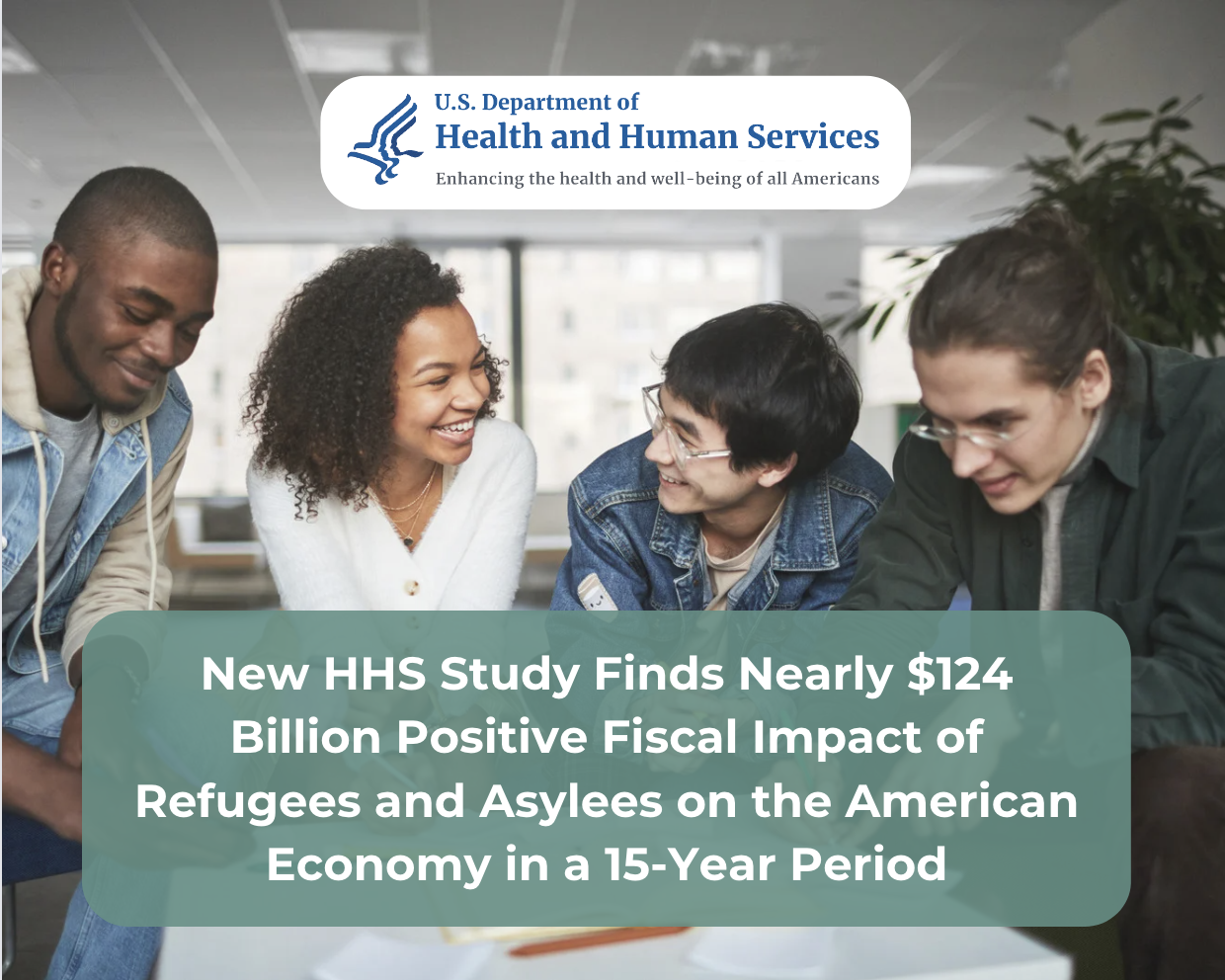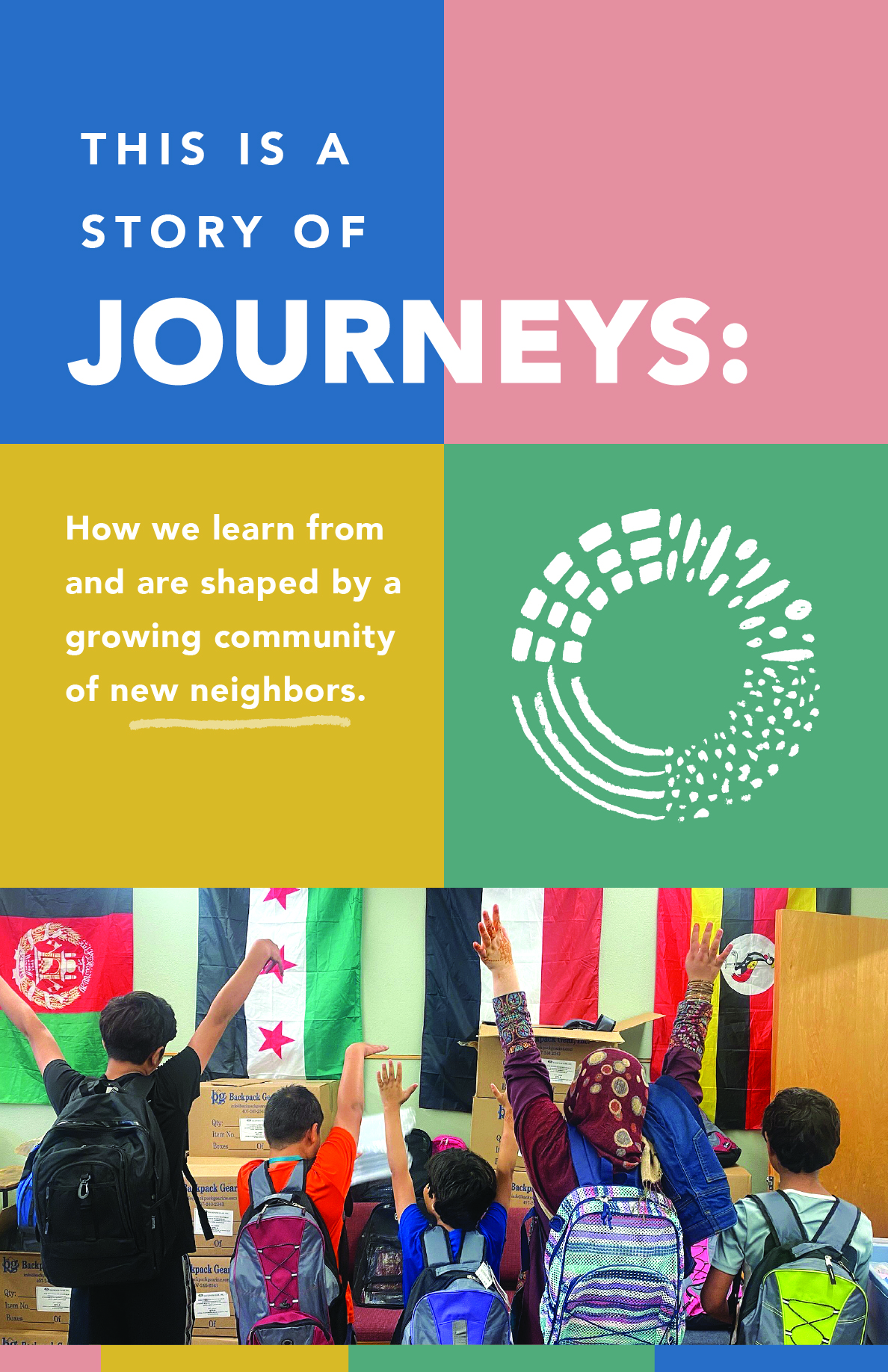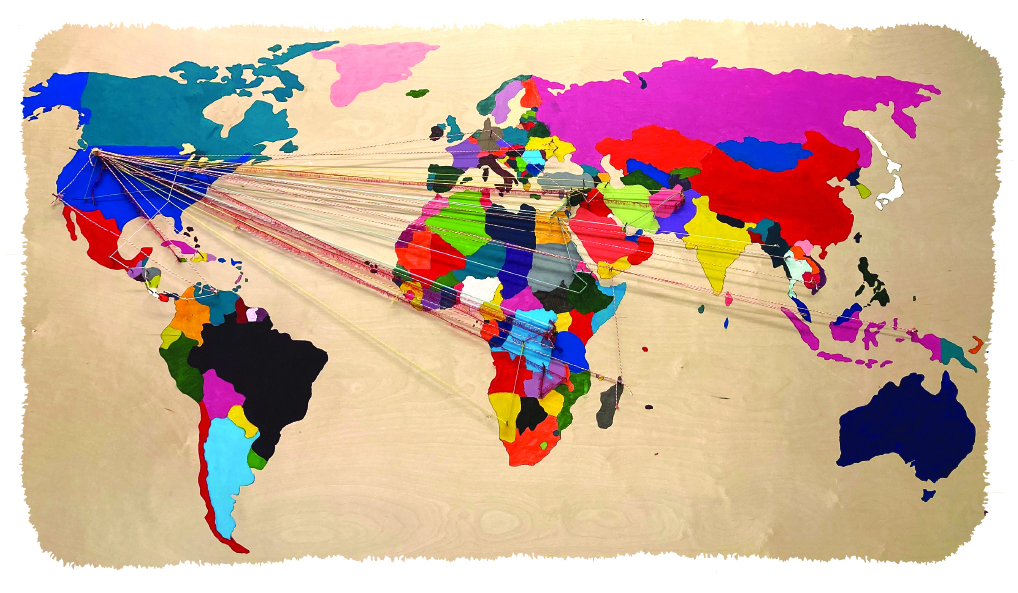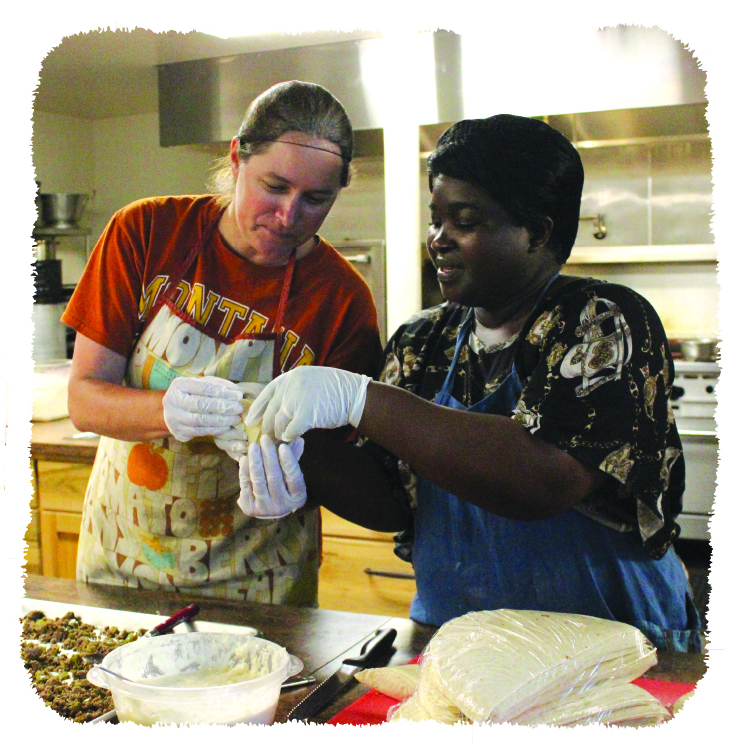Many people, long time Missoulians and new neighbors alike, have been coming to Soft Landing Missoula to ask about how to help refugees and immigrants stay safe during this time of uncertainty.
The instability and anxiety that comes with the hundreds of new, cruel immigration policies from this past year (the halt to refugee resettlement and asylum, travel bans, halt to Green Card processing, rescinding of visas and other forms of legal protections, PARRIS ) coupled with widespread civil rights violations and the horrific loss of life we are seeing at the hands of Federal agents, results in refugee and immigrant families in Montana being scared to go to work, take their children to school, access everyday services, and even make a quick trip to the grocery store because they’re unsure what might happen next.
These fears are not unwarranted as we see immigrants in Montana like Roberto Orozco-Ramirez and others being detained and taken from their homes, jobs, and loved ones.
At Soft Landing Missoula, we are paying attention and we are preparing. We’re in close contact with clients, City and County leaders, local partners, and state and national networks as we monitor the situation and share clear, verified information. Our focus, as always, is ensuring that people have access to accurate resources, community support, and care.
![]()
How do we help our immigrant neighbors?
One of the most important tools we have in this moment is knowledge.
Know Your Rights (KYR) trainings and materials can help individuals and families understand what to do if approached by immigration authorities, what officers are permitted to do, and your rights in protecting yourself and your loved ones.
This critical tool is not only for immigrants and refugees. Everyone should know these rights. When more people have this knowledge, communities are safer — and neighbors are better equipped to support one another when ICE activity occurs.
These resources are available in multiple languages and can be found many places. We especially like these videos created by our partners at Hello Neighbor.

There are also many other great resources, including “Red Cards” that outline your rights during an encounter, through trusted legal organizations such as the Immigrant Legal Resource Center (ILRC).

Workplace Know Your Rights information, as well as policies outlining what to do in case Federal agents show up at your workplace, can also be vital tools to protect immigrants in our community. We encourage checking in with your employers to make sure these policies are in place. In Missoula, Big Sky Immigration Legal Services can be hired to help employers with trainings and in building policies.

What do I do if I hear about or see Federal agents in Missoula?
In Missoula, the Immigration Action Team with Missoula Resists has an online ICE Activity Report Form that activates a group of trained verifiers.

You can also volunteer with Missoula Resists to receive training and be a part of this team.

Note: Unverified spreading of rumored information can often do more damage than help by increasing fear in immigrant communities and stretching already tight responder resource capacity. Please be thorough and thoughtful in your reporting.

What do I do if experience an ICE encounter in Missoula?
Being well versed in Know Your Rights information is the best way to protect yourself during an encounter. You are also encouraged to call 911 and the Missoula Police Department will respond and work with you to ensure your rights are being upheld.
You can also explore the City of Missoula’s recent news update on immigration enforcement in Missoula, including an FAQ published by the Missoula Police Department, which highlights our city’s stance on the role of local police and the support of our constitutional rights.

How else can I help?
You can also support legal services for immigrants either preparing for or affected by encounters with Federal agents. A strong and supportive legal network has shown to be essential- not only in urgent critical situations, but also for making sure people are doing all they can to maintain legal status and for fighting for people’s civil rights.
In Montana- we have a small but INCREDIBLE team of immigration and civil rights lawyers who we have been networking with.
Locally, you can support the legal team at the International Rescue Committee in Missoula who work with refugees in Missoula to educate, prepare, and file relevant immigration paperwork.
You can also show your support to a new nonprofit pro/low bono immigration law firm that is just starting up in Missoula- Big Sky Immigration Legal Services and Advocacy. This organization also provides support in KYR trainings and policy building for workplaces.
Statewide, Upper Seven Law is working to block anti-immigrant legislation passed last session and to uphold the civil rights of immigrants in Montana.

Are there more ways?
Call your Representatives!
It’s time to make our voices heard. It feels like public sentiment just might be beginning to turn. It is critical that our elected officials continue to hear a swift and powerful response that refugees are welcome in our communities and all people deserve safety.
Please use the numbers below to call now and call often, offering a short statement in your own words to express your concern for the cruel policies and uplifting the benefits of our refugee neighbors. It is recommended to call once a day if you can.
The Montana Congressional Delegation:
Senator Steve Daines: Phone- (202) 224-2651 Email
Senator Tim Sheehy: Phone: (202) 224-2644 Email
Representative Ryan Zinke: Phone: (202) 225-5628 Email
Representative Troy Downing: Phone: (202) 225-3211 Email

Overview: How You Can Show Up Right Now
- Learn and share: Watch Know Your Rights videos and share them with your networks — coworkers, congregations, and friends.
- Stay informed: Follow trusted immigrant rights organizations for verified updates rather than rumors.
- Support neighbors: Offer rides, childcare, meals, or just your presence when families need reassurance.
- Volunteer: Soft Landing Missoula continues to welcome new volunteers who want to support families through tutoring, mentorship, or practical assistance. Complete our brief volunteer interest form on our Get Involved page to get started.
- Advocate and donate: Now is the time to speak up for policies that protect due process and dignity — and to help sustain our local welcoming programs through a donation.

We know this can all feel like A LOT!
Please know that Soft Landing Missoula is working very hard in this space and your volunteer and financial support is always welcome to continue our work in helping the families prepare for these and future Federal anti-immigrant policies- both ones that affect their status and safety in our country and also those that take away benefits that make it close to impossible to start a life here. And of course, your support also builds deep social supports and relationships within our community- letting refugees and immigrants know that they are not facing this alone.
This moment is heavy, but know this: you are not alone. Missoula has shown, time and again, that we stand together in compassion, action, and care. Let’s keep showing up for one another.
In love, gratitude, and solidarity-
The Soft Landing Missoula Team


